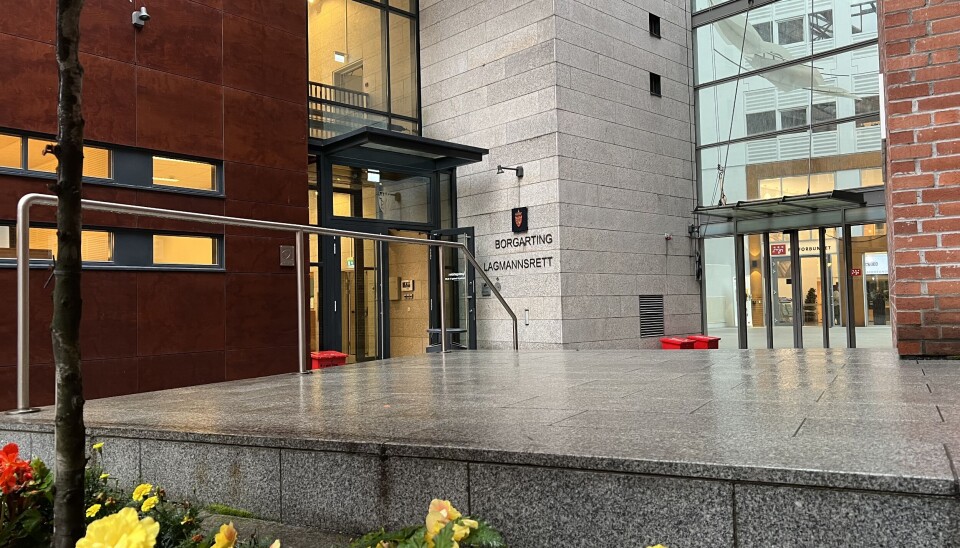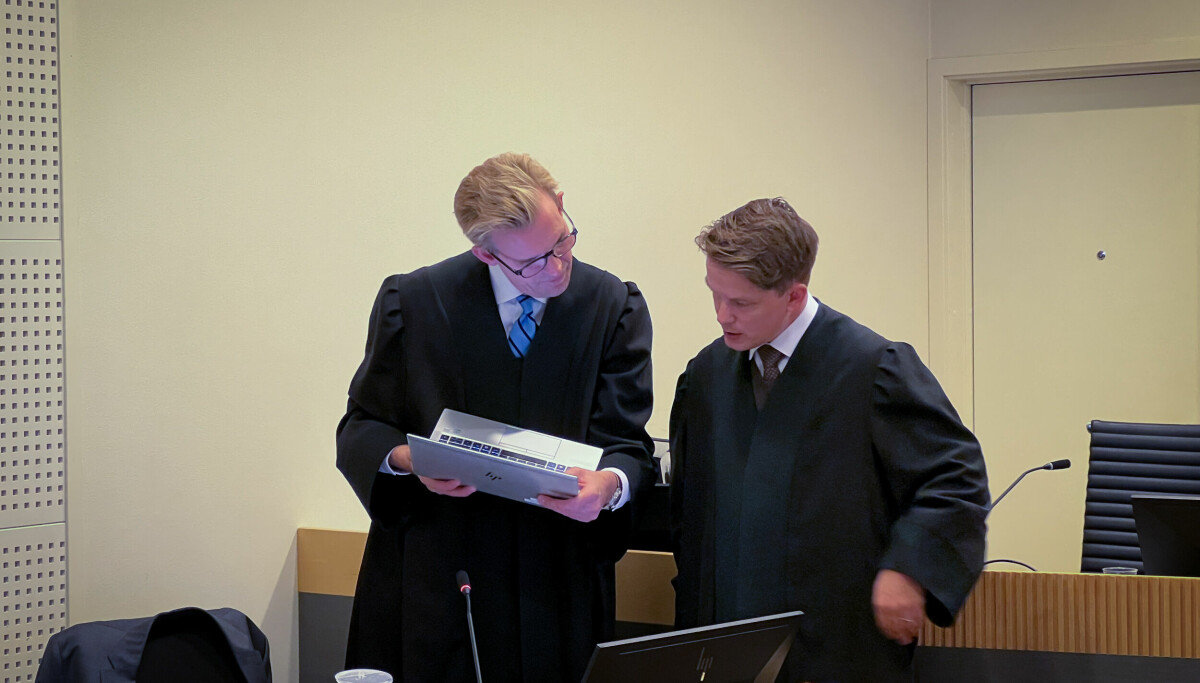Export control
Several expert witnesses believe the former NTNU professor, who was found guilty of breaching the export control law, was engaged in a type of research for which there are exceptions in the regulations.
The trial continued on Tuesday, in which a former professor at the Norwegian University of Science and Technology (NTNU) appealed a one-year prison sentence. Eight months for violations of the Export Control Law, Iranian regulation, and data breaches.
Half of the eight-month sentence was made conditional, with a two-year probation period for the German-Iranian man (51).
The appeal case at the Borgarting Court of Appeal has entered its third week, and it was the defence’s expert witnesses who explained their position to the court on Tuesday.
Three of the leading experts in materials engineering were called by defense lawyers Ole Nohlen and Brynjolf Resnes to give their opinions on five research articles in which the 51-year-old was involved.
The purpose was to determine whether the research on which the articles were based was considered basic or applied research.
Applied research
This is one of the steps taken by the defenders in the appeal case in the hope of reaching a different result.
In fact, the Export Control Act provides exceptions for knowledge transfers regarding goods on Lists I and II (see Fact Box) that are considered to be at a level equivalent to “basic research.” In other words, basic research should not lead to the development of a product or have a practical industrial use
The local court decided that the research conducted by the German-Iranian could be considered applied research.
Part of what was stated in the district court’s ruling is a direct error, which is a superficial assessment. It’s about what you have planned and what you aim for. “He was mainly doing basic research, so it was not necessary to apply for a licence,” Resnis told Chrono on the first day of the appeal case.
trial
Ex-professor convicted in court: — I’m in limbo
I disagree with the district court
The experts who explained their position before the court on Tuesday also agreed.
Professor Emeritus of Materials Engineering at the University of Göttingen in Germany, Rainer Kirchheim, was surprisingly clear that the research that was the starting point for the research articles should be considered basic research.
— In applied research, one’s goal is always to improve a material or develop a new material. In basic research, the goal is always to understand the behavior of matter, without searching for new materials or new technology. That might come later, but that’s not the point then. These articles miss new, innovative, and unknown influences, Kirchheim said.
The articles evaluated by experts in court Tuesday were not included in the previous round of trial in District Court.
The advocates had asked the experts to rate the content of the articles according to their “Technology Readiness Level” (TRL).
The TRL metric should measure the progress of the development process and existing documentation of the technology’s performance.
Export control
A former NTNU professor has been sentenced to eight months in prison
Five to ten years
All the experts who testified in court on Tuesday agreed that the five substances were at TRL 1, the lowest level, out of 9. Innovation Norway The definition of TRL 1 means that the basic principles have been observed.
“Scientific observations of the basic properties of the technology have been carried out and documented,” Innovation Norway wrote in its review of the standard.
Attorney Nohlen asked expert witness Kirchheim and Professor Alexander Hartmeier at Ruhr University Bochum in Germany to estimate when the research discussed in the research articles could be estimated to be ready for application.
Both responded that five to ten years of basic research is a realistic estimate.
A third witness, Professor Peter Hedström from Den Kungliga Tekniska högskolan in Stockholm, also believes that basic research was behind the research articles.
– I evaluate articles as basic research. It is difficult to judge the overall work behind the articles. They never go so far as to describe how to use it. It is more common in applied research.

Response to disclosure
During a break in Tuesday’s court session, there was also time to discuss the Chronos case The issue of SEM toolsindicating that many Iranian citizens had access to, or were trained in, equipment similar to that to which the German-Iranian professor was convicted of giving Iranian citizens access, without obtaining the necessary licenses.
Lawyer Ole Nohlen, defending the man, believes that Khrono’s case shows that universities have different approaches to dealing with this problem.
– You can do as in Tromsø, where you say no to everyone who comes from Iran. It’s safe, but it’s not true. This means you’re missing out on a lot of good research. Or you can do as in Oslo, where access is granted, and it doesn’t have to be a mistake either, because not all uses are affected, says Nohlen.
He adds that universities themselves must decide whether it can be considered basic research and therefore do not have to apply for a licence.
“The fact that Iranians are using these tools in itself means absolutely nothing, if you are doing basic research. But it does require that universities have understood a set of systems, which is almost impossible to understand.”
safety
The Iranians received training in sensitive security equipment at the University of Oslo

“Explorer. Unapologetic entrepreneur. Alcohol fanatic. Certified writer. Wannabe tv evangelist. Twitter fanatic. Student. Web scholar. Travel buff.”



